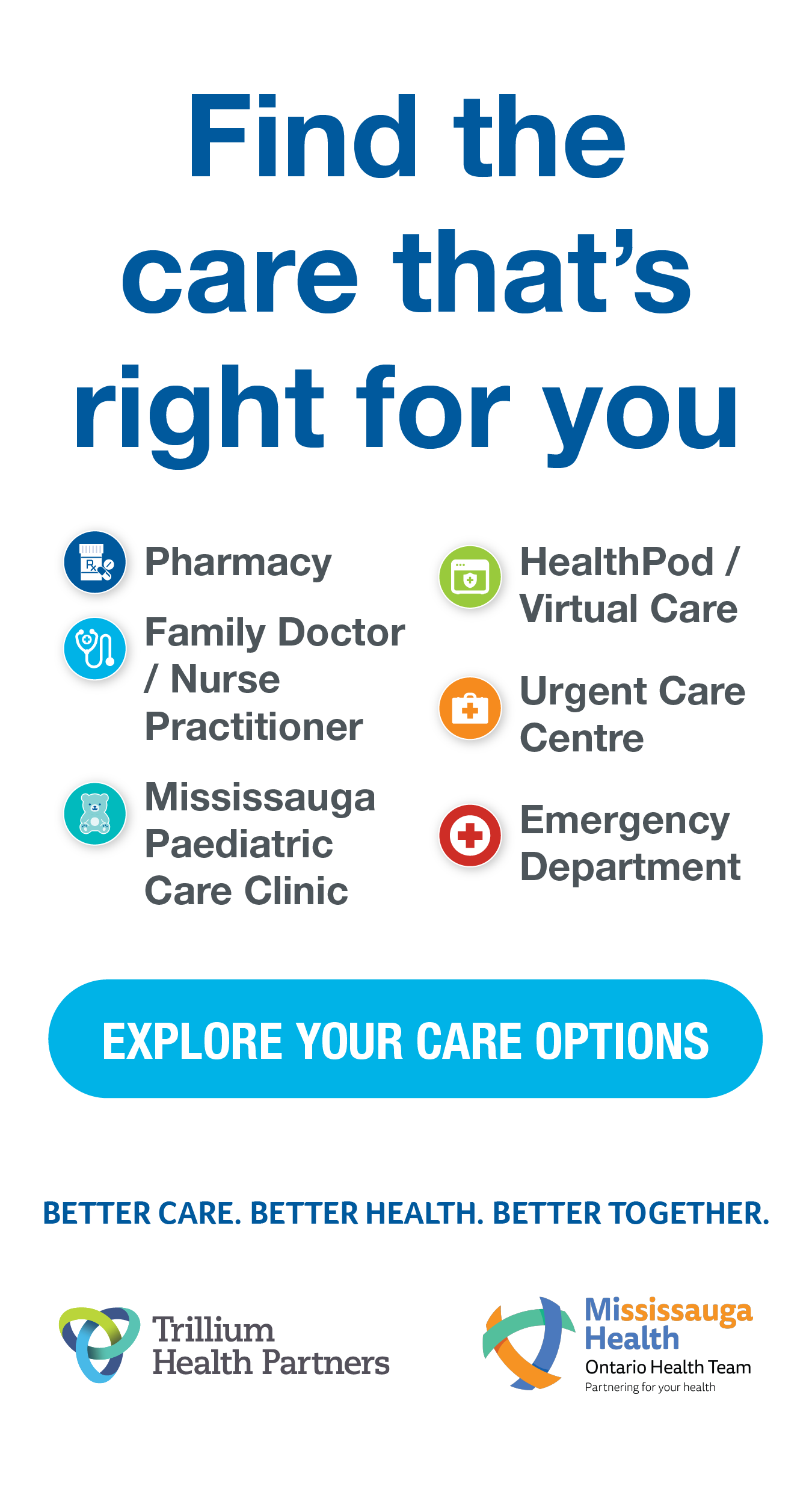on
BY SIMONE J. SMITH
“Something is happening in our environment for us to see such an increase in autism. We need to ‘get over’ the scientific consensus of genetic causes and accept environmental ones.” Jeet Varia, Ph.D.
A single tear rolls down her cheek. She reaches out to touch the photo, her fingers tracing the outline of her son’s face. “Why, honey? Why couldn’t you just be…normal? The tantrums, the meltdowns…the way you’d avoid eye contact, the repetitive behaviors.”
“I knew something was different. I could feel it, but I hoped, I prayed.” She trails off, lost in thought. Her mind flashes back to a series of moments: Andre struggling in preschool, the worried looks from other parents, the countless doctor’s appointments, and then the diagnosis; autism spectrum disorder.
It is an unfortunate but true fact that knowledge and awareness of autism spectrum disorder in Latin America and Caribbean Countries is limited. In a research study titled, “Age of autism diagnosis in Latin American and Caribbean countries” (2024) researchers aimed to identify factors associated with the age of autism spectrum disorder diagnosis as reported by 2520 caregivers of autistic children from six Latin America and Caribbean Countries.
They found that the age of diagnosis of autistic individuals in Latin America and Caribbean Countries corresponded to the start of formal schooling despite a much earlier age of first noticed developmental concern, highlighting the need to reduce this age gap and increase children’s probability of benefiting from early intervention.
In 2022, Deirdre Marie Johnson-Taylor (Walden University), presented a paper titled, “Exploration of the Cultural Perspectives of Caregivers of African American and African Children with Delayed Diagnosis of Autism Spectrum Disorder.” In her study, she explains that autism is understood to be a brain-based disorder with genetic origins that is characterized by the early onset of a serious, social learning disability. She reminds readers that caregivers are an intricate part of the process of identifying ASD. African and African American children are identified with ASD at later ages than Caucasian children.
Although there has been research investigating neurological disorders in autism, the findings are not always conclusive. A study titled, “Neurological disorders in autism: A systematic review and meta-analysis,” found that previous summaries of existing studies have not evaluated the full range of neurological disorders. Their results suggested that individuals with autism are more likely than the general population to have a range of neurological disorders, including epilepsy, macrocephaly, hydrocephalus, cerebral palsy, migraine/headache, and inborn abnormalities of the nervous system.
In order to provide individualized healthcare and support of high quality to individuals diagnosed with autism, health care professionals and other support providers need to be attentive to neurological complications.
News studies are being released that shows autism isn’t just a neurological condition. This is according to the authors of a scientific review published recently on Preprints.org.
Brian Hooker, Ph.D., Children’s Health Defense (CHD) Chief Scientific Officer; Jeet Varia, Ph.D., CHD science fellow; and Martha Herbert, M.D., Ph.D., a Pediatric Neurologist and Neuroscientist, co-authored the report, which is undergoing peer review with Development and Psychopathology, a Cambridge University Press journal.
The authors examined the findings of 519 studies to illustrate how autism spectrum disorder (ASD) affects multiple body systems, including the immune, digestive and central nervous systems.
Martha Herbert, M.D., Ph.D., an autism researcher since 1995, reported that the science of autism has become “Enormously richer” and ASD “Can no longer be considered just a ‘psychological’ problem — it’s a whole-system problem involving many systems that influence each other.”
She and her co-authors also contend that the latest scientific evidence suggests ASD is largely driven by environmental factors. These include: exposure to toxins in food, the environment, medicine, or personal care products.
In their report, the authors reviewed new research showing that the brain and the immune system communicate with each other. In previous decades, scientists didn’t think ASD was linked to lower, or altered immune system function, because the brain was “Viewed as an immune-privileged site,” they wrote. “However, over the last decade, mounting evidence has uncovered the role of the immune system in CNS [central nervous system] health and functioning and disease.”
What we are now finding is that many modern clinicians often use pharmaceutical medication as if it were a magic bullet that can eliminate a disease’s cause, or symptom. In their review, the authors argue that future treatments for ASD need to “Go beyond the current reductionist and ‘magic-bullet’ medical paradigm.”
The authors wrote, “This single-target perspective tends to neglect consideration of how these medications unintentionally impact the overall regulatory ability of the human organism. Medications should be designed to: mimic, modulate, or promote the body’s natural resolution mechanisms instead of interfering with them.”
There is still so much that needs to be discovered about ASD, but I want to encourage parents to not ignore what you see. Seek the help that you need for your child, and for yourself.
REFERENCES:
https://www.nature.com/articles/nri.2017.100
https://www.cambridge.org/core/journals/development-and-psychopathology
https://www.preprints.org/manuscript/202411.0618/v1
https://childrenshealthdefense.org/defender_category/toxic-exposures/
https://journals.sagepub.com/doi/full/10.1177/1362361320951370
https://childrenshealthdefense.org/authors/brian-hooker-ph-d/
1 in 33 Kids Ages 5 to 8 — More Than Previously Thought — Has Autism
New First-of-Its-Kind Autism Diagnostic Test Examines Child’s Exposure to Environmental Toxins
Stay in the loop with exclusive news, stories, and insights—delivered straight to your inbox. No fluff, just real content that matters. Sign up today!
We, as humans are guaranteed certain things in life: stressors, taxes, bills and death are the first thoughts that pop to mind. It is not uncommon that many people find a hard time dealing with these daily life stressors, and at times will find themselves losing control over their lives. Simone Jennifer Smith’s great passion is using the gifts that have been given to her, to help educate her clients on how to live meaningful lives. The Hear to Help Team consists of powerfully motivated individuals, who like Simone, see that there is a need in this world; a need for real connection. As the founder and Director of Hear 2 Help, Simone leads a team that goes out into the community day to day, servicing families with their educational, legal and mental health needs.Her dedication shows in her Toronto Caribbean newspaper articles, and in her role as a host on the TCN TV Network.













